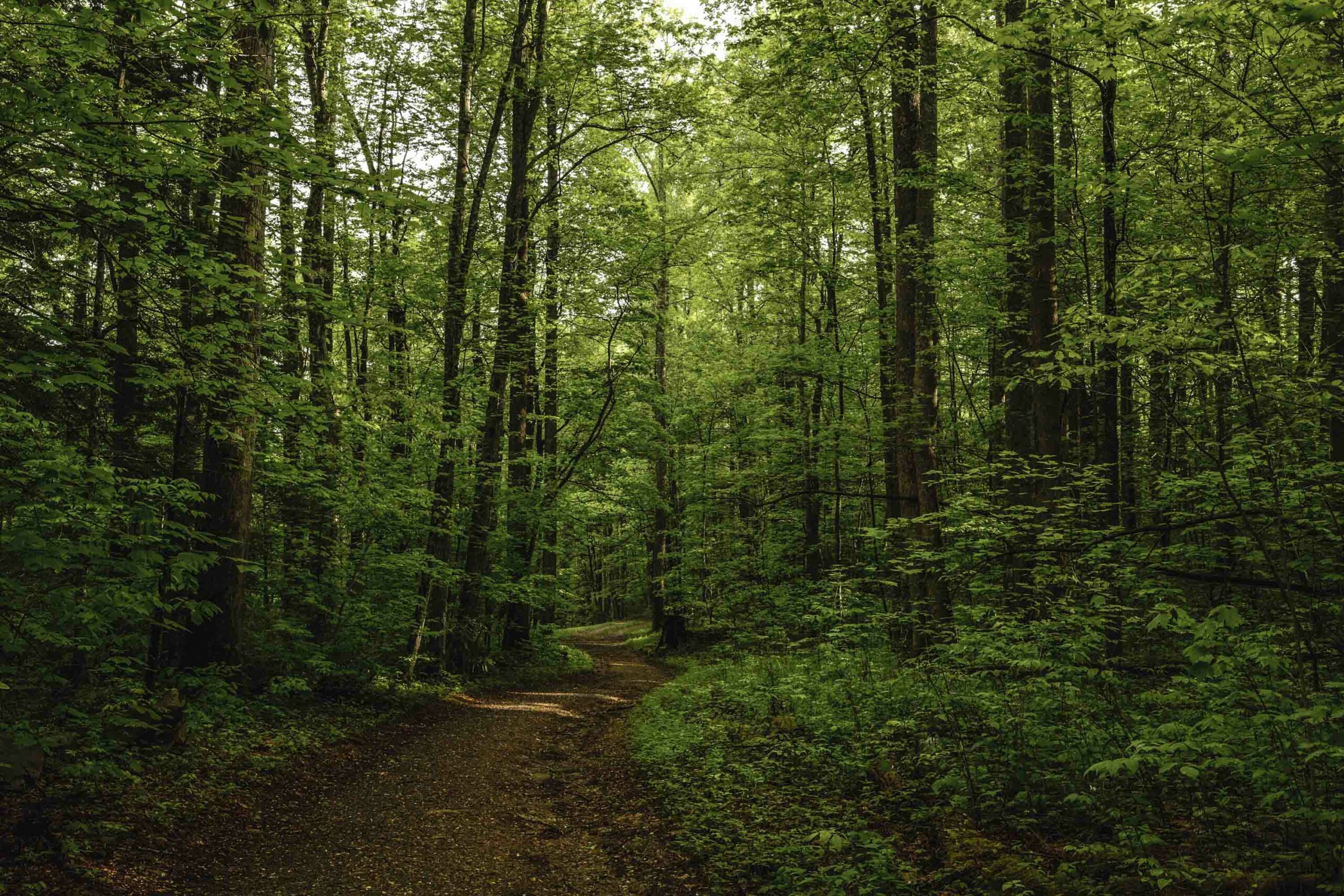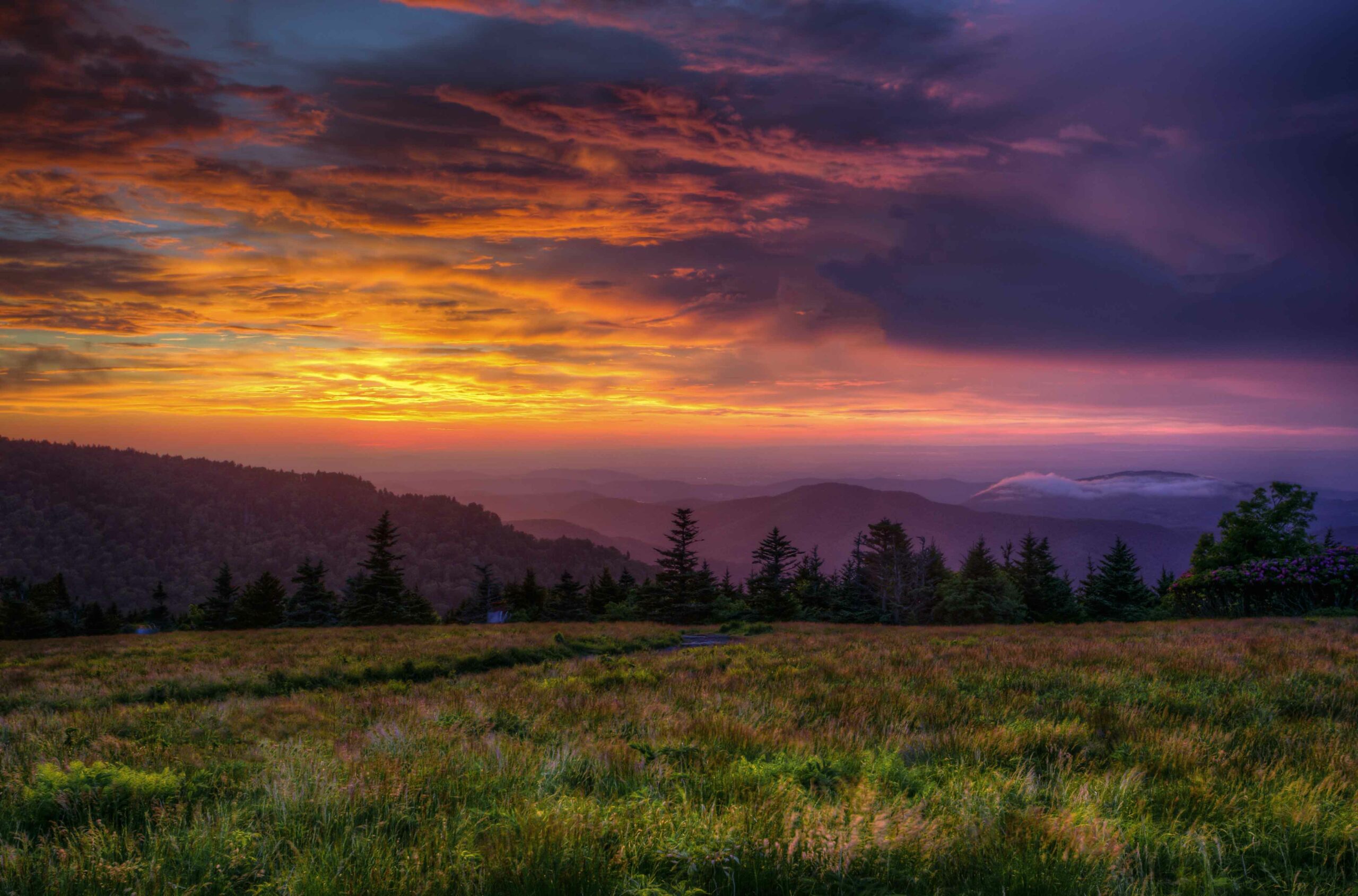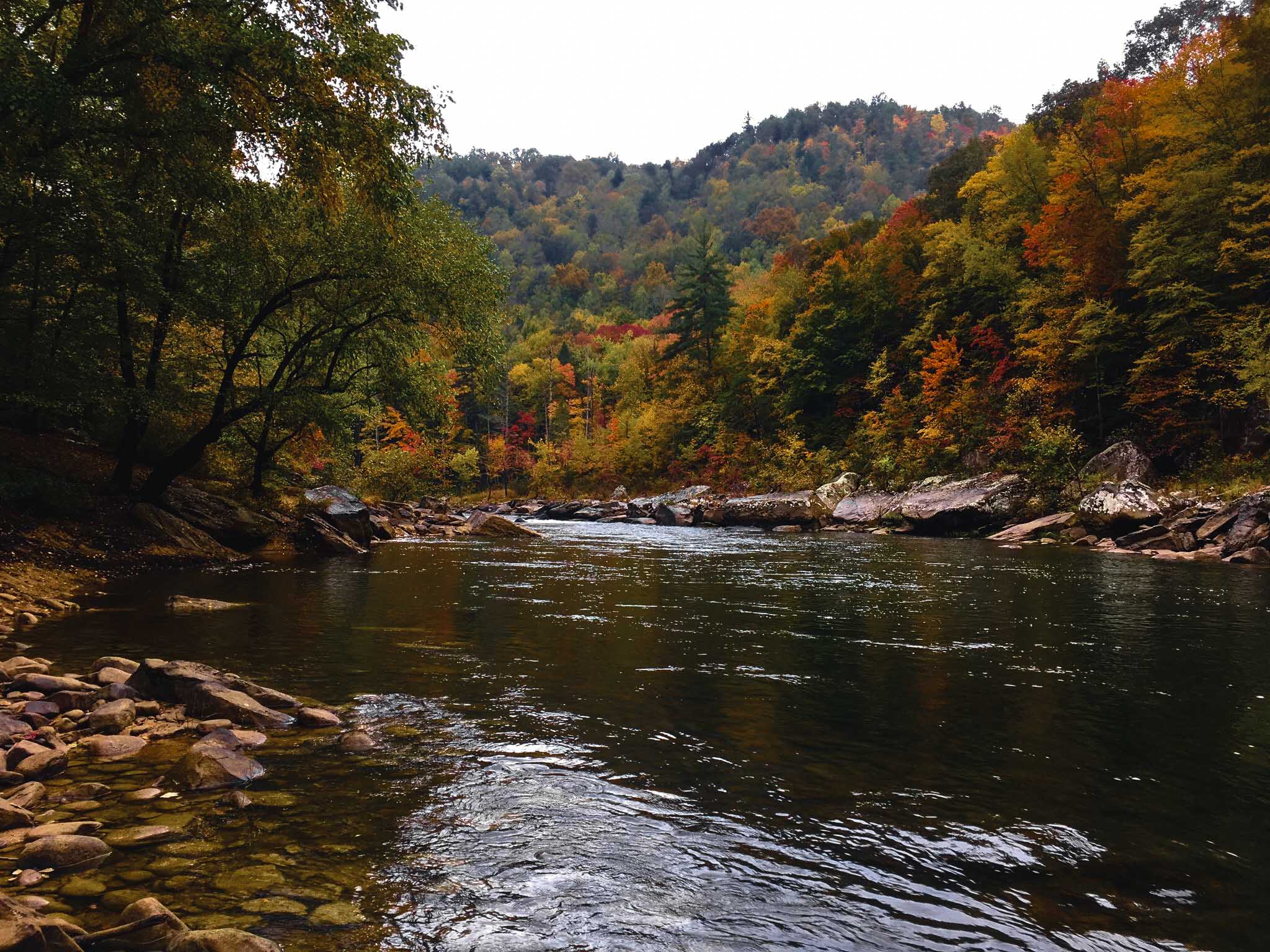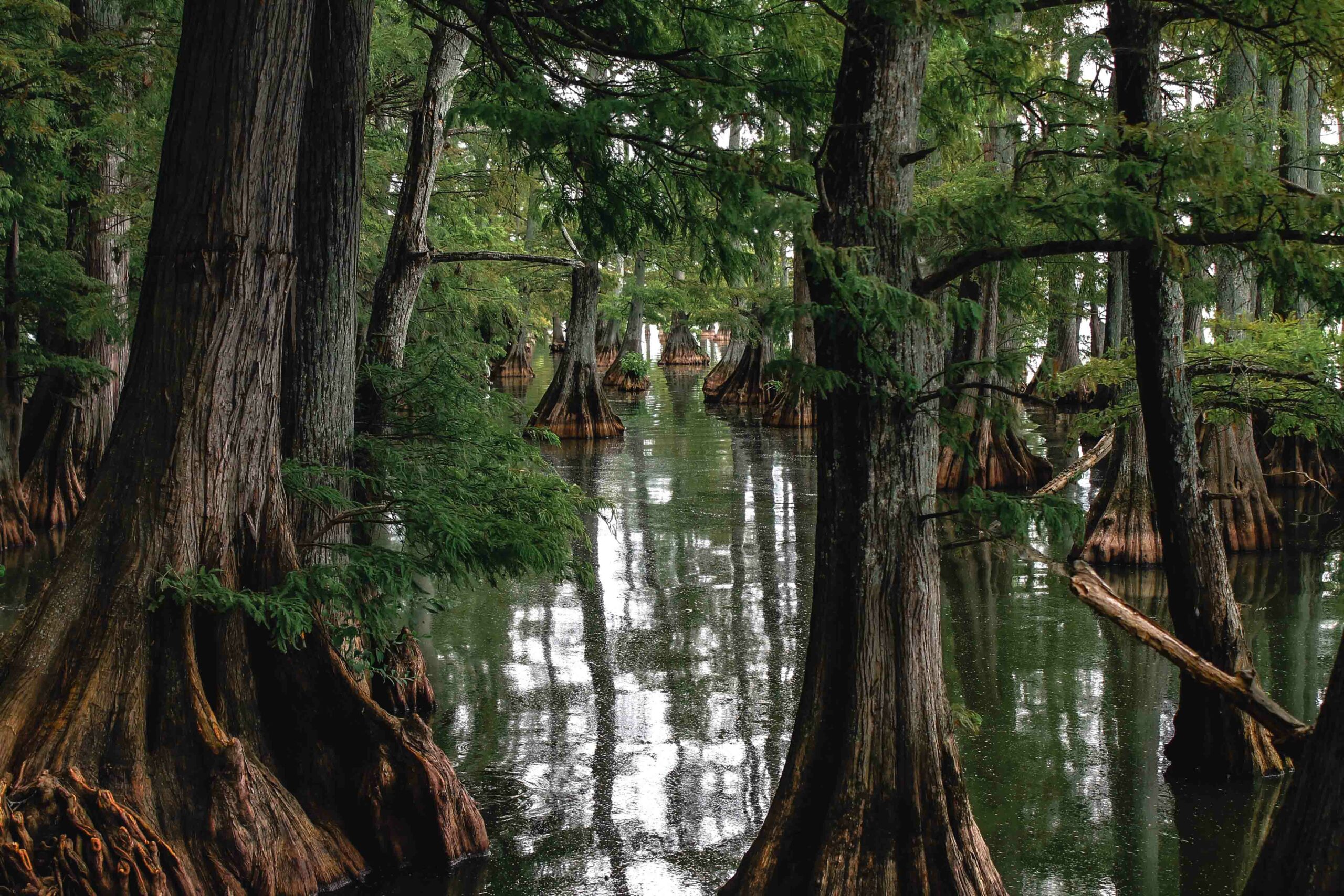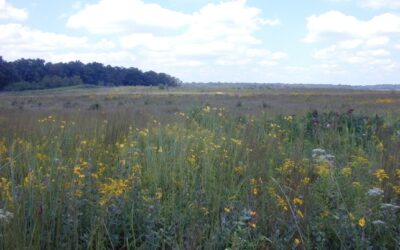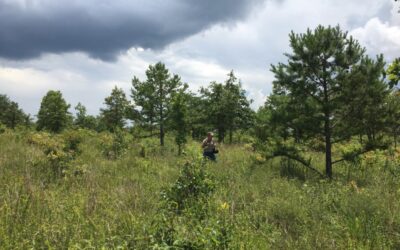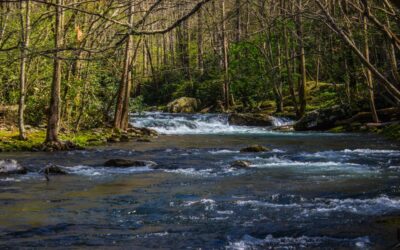Habitats we restore and conserve
Healthy habitats are necessary for fish and wildlife populations to thrive. Nearly 90 percent of land in Tennessee is privately owned, meaning it’s up to private landowners to help maintain healthy populations of native plants and wildlife. Tennessee Wildlife Federation partners with private landowners and public agencies to do just that, restore and conserve critical habitats throughout Tennessee.
Our work
550K
planted.
500
of grasslands restored or conserved.
11
of streams and rivers restored to their natural flow.
1,200
of wetlands restored or conserved.
Habitats we restore
Forests
More than 50 percent of Tennessee’s landscape is forested, with millions of acres of that being privately owned. Forests face constant threats from disease and insect outbreaks to invasive species, wildfire, and more—but scientifically-based forest management can help mitigate these risks and keep our forests thriving.
Grasslands
Grasslands once covered millions of acres in Tennessee. Thriving and properly managed native grassland habitats are key to sustaining many species of wildlife. In fact, the species diversity within grasslands is typically greater than that of forestlands.
Streams & Rivers
Fresh water is one of our state’s greatest natural resources. Tennessee contains more than 60,000 miles of streams and rivers which provide habitat for fish and wildlife and fresh water for public consumption and numerous recreation opportunities.
Want to help wildlife in your backyard?
Create a certified wildlife habitat
Whether you’re working with a lush green lawn or an urban lot, your habitat will support Tennessee’s diverse wildlife—from the microscopic to the eye-catching.
Are you a landowner?
Interested in learning if your land is a fit for habitat restoration?
Give
Your generosity helps manage wildlife populations and restore habitats for a more vibrant Tennessee.
More Habitat Restoration
Types of Grasslands in Tennessee
Grasslands are a critical habitat for wildlife! They were once widespread in Tennessee, but more than 90% of those grasslands are now gone.
Reviving Tennessee: Savage Gulf State Natural Area
As part of a multi-state grant in 2018, Tennessee Wildlife Federation facilitated the restoration of more than 3,000 acres of shortleaf pine habitat within Savage Gulf State Natural Area
Types of Rivers in Tennessee
Tennessee is known as the most biologically diverse inland state in the country. Part of what makes it so diverse is the many types of habitats, ecosystems, and species found throughout the state....

